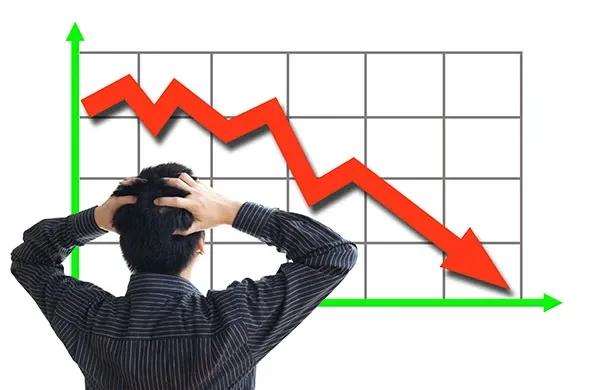The US Suspended Tech-Trade Talks with the UK
The US administration suspended technology-related negotiations with the UK government.

Samsung reported its worst operating-profit drop in more than four years, buffeted by falling memory-chip prices and slowing smartphone sales, according to Bloomberg.
Operating income fell 60 percent to about 6.2 trillion won ($5.5 billion) in the three months ended March, according to preliminary results. That was the biggest decline since a similar drop in the third quarter of 2014. Analysts surveyed by Bloomberg had expected a 56 percent slump to an average of 6.93 trillion won.
Sales for the quarter were 52 trillion won, missing expectations for 53 trillion won. Samsung won’t provide net income or break out divisional performance until it releases final results later this month.
Samsung issued a rare warning last month that its results would be short of estimates, reflecting slower orders from data center owners and handset makers. That’s pushed down prices for both DRAM and NAND memory and compounded the struggles for the South Korean company as it counts on new devices such as the Galaxy S10 smartphone to help it fight back against increased competition.
Data centers are working through their stockpiles of unused memory chips while Apple cut its sales forecast earlier this year amid continued trade frictions between the U.S. and China. The Chinese economy, the biggest destination for Samsung-made components, has been slowing as well, while the World Trade Organization has cut its 2019 trade projection to the weakest in three years.
The market for DRAM is set to reach $77 billion this year, dropping 22 percent from a year earlier, according to IHS Markit. In the first quarter, contract prices for 32-gigabyte DRAM server modules fell 38 percent while those for 128 gigabit MLC NAND flash memory chips slid 23 percent, according to inSpectrum Tech. DRAM prices fell in the “sharpest decline in a single season“ since 2011, TrendForce said.
Samsung’s first-quarter profit included the sales of Samsung’s Galaxy S10 smartphone released last month. Samsung has been struggling to stem a decline in its smartphone business as consumers wait longer to upgrade their devices. Its display division, which supplies Apple, has also been hurt by lower-than-expected sales of iPhones and competition from Chinese makers of monitors and televisions.